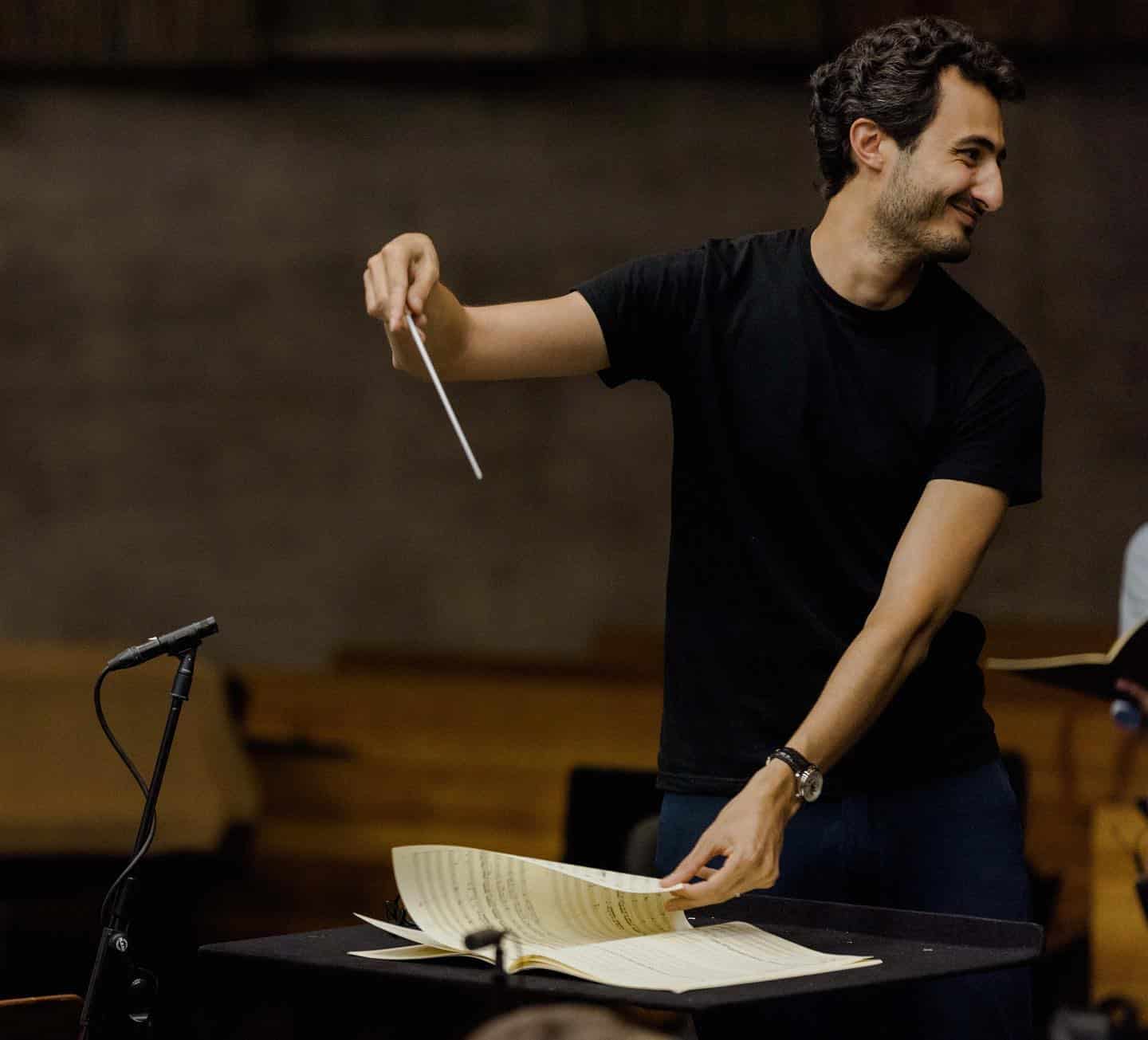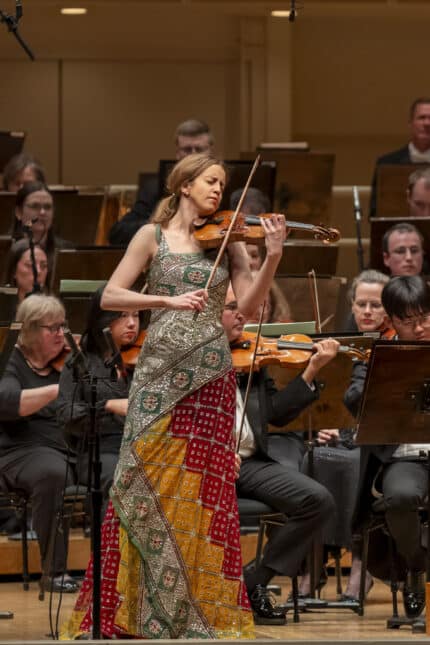Trending: Italy finally opens up to foreign arts directors
UncategorizedOur friend Valerio Tura, formely artistic administrator at La Monnaie, reports from Bologna on a welcome liberalisation in Italy’s arts administration.

A few days ago the Italian Government appointed, with a brand-new “European” procedure, 20 new directors of the top National museums. This is possibly good news, perhaps just a start for better times to come (maybe…). With a new law, an international selection was launched some months ago, with a public “appel aux candidatures”.
A commission of independent experts (including Nicholas Penny from the National Gallery of London) scrutinized the cvs of more than 1,000 international applicants, shortlisting about 120 candidates, all of whom were interviewed in person. After this, 60 names (three for each museum) were submitted by the commission to the Ministry of Culture, Mr. Franceschini, and he picked the 20 to be appointed. Among the 20 chosen, seven are non-Italians (from Germany, France, UK, etc.). This has triggered an enormous debate – some think an exaggerated and unexpected one – in the Italian media, and among politicians. Many are voicing loud against the ‘invasion’… Is this is just a symptom of Italian parochial provincialism…?
Possibly yes, as top staff members in non-Italian museums are often coming from abroad, in such countries as Holland, Spain, UK, France, etc. And no journalists, nor politicians have ever found this inappropriate, nor politically incorrect. Could such a protest against the ‘invasion’ happen in the classical music business? Possibly no, even in Italy. Let’s see.
During his long life Roman Vlad, born in Ukraine, held top jobs in various important musical institutions in Italy. Austrian Michael Messerklinger was for many years artistic director of the RAI Symphony Orchestra in Torino. John Fisher had for some years the same position at the Teatro La Fenice in Venezia, and so did Italo Gomez, from Colombia. More recently Stéphane Lissner was followed by Alexander Pereira as “sovrintendente” at La Scala.
Costa-Rican Gaston Fournier has been in top management positions at Maggio Musicale, Santa Cecilia, Scala, and is currently the artistic director at Teatro Regio of Torino. About them no one has ever made any similar campaign against the ‘invasion’ of non-Italian people… And what of other countries? Dominique Meyer, a Frenchman, is the top-boss at Wiener Staatsoper. Andreas Homoki, German, is the intendant of Opernhaus in Zurich. Englishman Peter Jonas first, and Austrian Klaus Bachler later have been ruling the Bayerische Staatsoper for nearly twenty years and no one has ever asked “Why not a German…?”.
Peter Alward was called from London to manage the Salzburg Easter Festival. Frenchman Pierre Audi is since nearly a quarter of a century the general director of Nederlandse Opera. German Alexander Neef is the general director of the Canadian Opera Company. Belgian Gérard Mortier has worked in Austria, Germany, France, Spain. Another Belgian, Bernard Foccroulle, leads the Aix-en-Provence festival. Several Italian opera managers have been working and still work in France, Belgium, USA, Portugal, Spain… Let alone Giulio Gatti Casazza, who was at the helm of the Met for more than thirty years, Rudolf Bing (Glyndebourne, Edinburgh, Met), who was born in Austria, and Bruno Zirato, who was the managing director of the New York Philharmonic Orchestra for quite a long while (and the guy who dared giving young Leonard Bernstein his first chances…). So what…?
If we look in the history, in the field of orchestra and opera management – luckily – this has always been rather common, since centuries… Lorenzo Da Ponte and Giacomo Montrésor were among the ones who started opera business in New York. Domenico Barbaja was for a number of seasons the impresario of Theater an der Wien. Moravian Maurice Strakosch would manage extensively opera business in both France and North America. And the list could continue, including the likes of Haendel, Hasse, Salieri, Paisiello, who at some point in their lives were not only musicians, but also kind of impresarios… Therefore, why in Italy is now the ‘national identity’ perceived as a more sensitive issue when it is about museum managers, than when it is about managing classical music…? Maybe because classical music is less ‘national’ than paintings and sculptures…?





Until EU regulations were passed that forbade it, only Italians could obtain permanent positions in Italian orchestras. Now the positions are open to all members of the EU, but few non-Italians are employed. Americans, as non-EU members, are still excluded from permanent positions in Italian orchestras. As a result of these practices Italian orchestras and the Italian classical music world in general became excessively provincial and standards fell well below European norms. In the 90s, more and more Italian students studied with foreigners in summer festivals or studies abroad and the effects have been very positive. The Italian conservatories suffer badly from this provincialism and need to do more to open their doors to international faculties that would raise the standards to international levels.